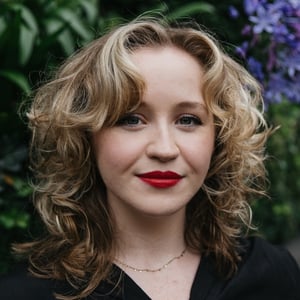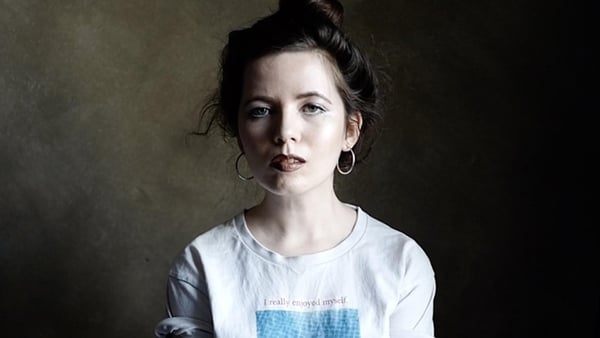Naoise Dolan's second novel couldn’t have been timed better considering the subject matter. With the wedding season arguably already in full swing, and summer holidays beckoning, with their long days and a need for pleasant distraction, many of us will be looking for an antidote to both – and Dolan delivers.
With a bestselling debut already under her belt – 2020’s Exciting Times – Dolan has won praise for her caustic wit, analytical attention to detail and a fondness for subverting norms, both in the novels we reach for and the assumptions we carry.
Exciting Times told the story of an aimless Irish expat living in Hong Kong, torn between an aloof lover and a more genuine love interest. In the way that that novel skewered millennial relationships and the lies we tell ourselves to exist in them, The Happy Couple extends the question to those further along the chain of commitment.
We meet the couple, Celine and Luke, right away: him, "tall and lean", her, "tastefully ugly". A couple that doesn’t "share feelings" as a rule, they become engaged after a conversation about marriage: specifically Luke’s prediction that it’ll never happen for them. Pushed up against this ultimatum of continuing for now or break up, they decide to wed.
This sets the scene for a predictably tumultuous path to the altar, with both Celine and Luke grappling with a cast of characters that threaten to get in their way. Archie, a "cokehead" lawyer and Vivian, a remote observer, are both Luke’s former flames, while Maria is Celine’s ex and somewhat of an artistic rival.
Despite his air of debauched frivolity, Archie is devoted to Luke and pines for him ten years after their initial romance. His engagement has only heightened this: "The need to be chosen will f*** you over. Because if you need to be chosen, you’ll keep going after people who’ll never choose."
Before long, though, we see the frayed edges of their relationship are not new. Celine is torn between wanting "someone who understood her, and someone she liked to touch". Luke is bitter about Celine’s devotion to being a musician, saying, "To Celine, I’m a prop. That’s all she needs."
Beneath this love triangle is the real meat of the novel: a study of non-traditional relationships in a heteronormative society, and the expectations that come with being in – or out of – one. "Heteronormativity is a near-ubiquitous form of mania", Luke says, and it’s an accurate diagnosis of the novel’s main characters. Each are driven to distraction trying to figure out what exactly they want, and how to settle with whatever decision they eventually make.
Complicating this is the social capital that comes with being a man in such a relationship: Luke ponders how Celine once allowed him to be "the boss" and get away with many breaches of trust. Despite a dubious track record, he’s still a catch, something he’s keenly aware of: "I was her recurring-happiness-destroyer, all hers, and the world’s insanities made me worth having."
Despite these carefully balanced layers, Dolan has a habit of undercutting the prose in ways that feel clumsy.
When Celine's uncle recalls her mother "teaching [her] to be Irish", it feels a bit like Dolan is doing the same for us. Early on in the novel, on the topic of not sharing feelings, Celine thinks, "Have you met Irish people?" Later, she translates "your man Luke" as "in the Irish sense, that chap over there – not your man as in the man you own".
Some of the images also slip into cliché: a lipstick stain on Luke’s collar after a night apart in Paris; the toff aphorisms of Archie and the Oxford set that often veer into caricature. Phoebe, Celine’s acerbic sister, balances it well, her expletive-laced garrulity immediately hilarious. "Where’s your b***t b*****d fiancé?" she asks at one point.
Her exploration of her character’s hang-ups, however, is astute and skilful. Luke is presented as a passive and purposely unknowable figure, only to thrum with resentment and anxiety once the narrative shifts to his perspective.
In spite of its throwaway clichés and somewhat flat one-liners, Dolan’s second novel continues her work of dissecting the dynamics we surround ourselves with, opening out the mechanics of how we operate and asking the question, is there another way of doing this? As Luke notes, "Traditionally, we judge a couple by how closely they resemble previous couples. Not real couples, even. Our idea of couples."
The Happy Couple is published by W&N


